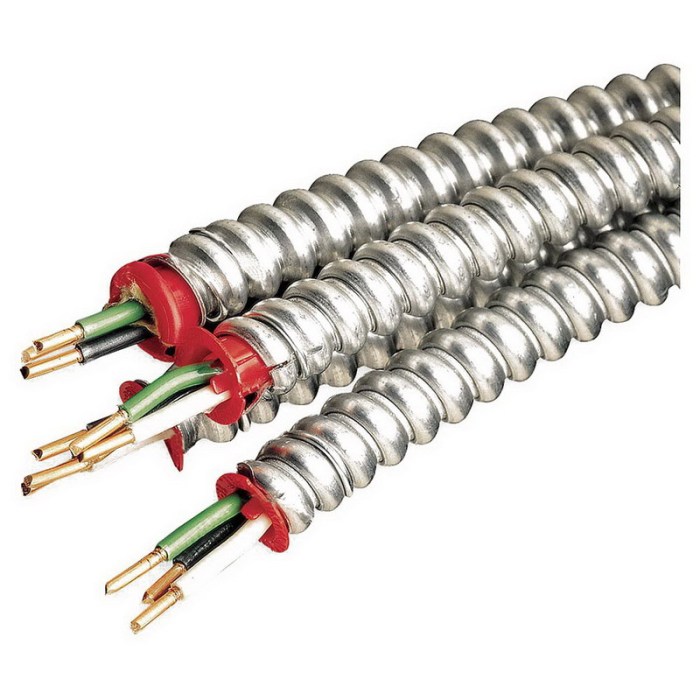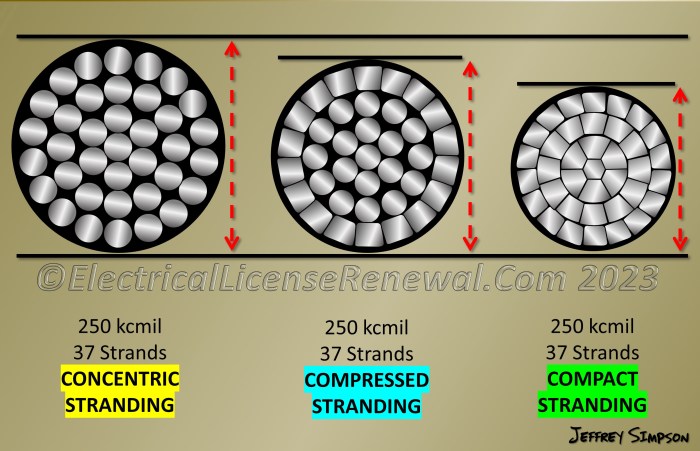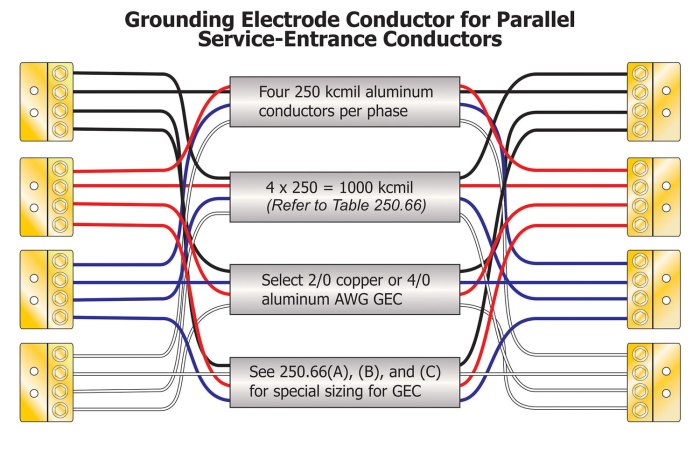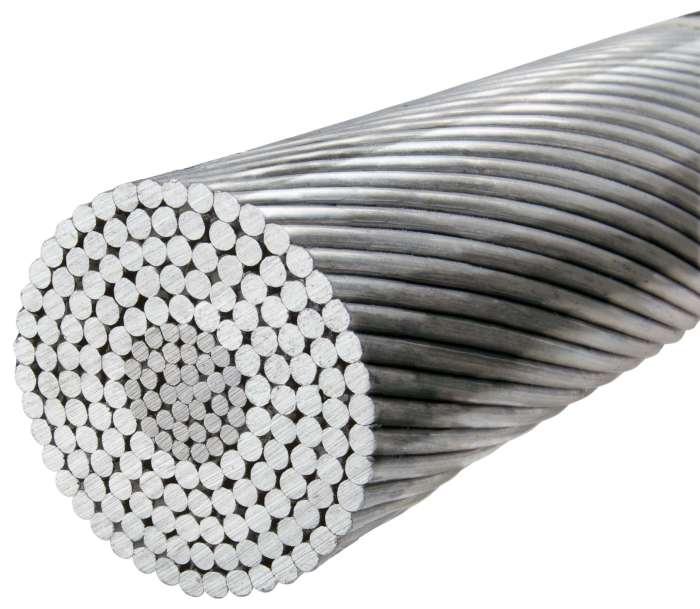All metal-clad cable conductors shall be stranded. – All metal-clad cable conductors shall be stranded, a crucial requirement that ensures the optimal performance and longevity of these vital components in electrical systems. This mandate stems from the inherent advantages of stranding, which significantly enhances the flexibility, durability, and current-carrying capacity of these conductors.
Metal-clad cables are widely employed in demanding applications, including power distribution, industrial machinery, and hazardous environments. The stranding process involves twisting multiple individual strands together, resulting in a composite conductor that exhibits superior mechanical strength and resistance to bending and vibration.
Types of All Metal-Clad Cable Conductors

All metal-clad cable conductors are classified into three main types based on their construction and materials used:
- Solid Conductors:Consist of a single, solid metal strand, typically made of copper or aluminum. They offer high conductivity and mechanical strength but are less flexible than stranded conductors.
- Stranded Conductors:Comprised of multiple smaller strands twisted together to form a single conductor. Stranding increases flexibility, reduces the risk of breakage, and improves current-carrying capacity.
- Laminated Conductors:Formed by bonding multiple layers of thin metal strips together. Lamination provides high flexibility and can reduce skin effect losses at high frequencies.
Advantages of All Metal-Clad Cable Conductors

All metal-clad cable conductors offer several advantages over other types of conductors:
- Strength and Durability:Metal cladding provides excellent mechanical protection against crushing, bending, and impact.
- Corrosion Resistance:Metal cladding protects the conductor from moisture, chemicals, and other corrosive elements.
- High Conductivity:Metal conductors offer low electrical resistance, ensuring efficient current flow.
- Flexibility:Stranded conductors provide increased flexibility, allowing for easier installation and routing in tight spaces.
- Fire Resistance:Metal cladding acts as a fire barrier, preventing flame propagation and protecting the conductor from damage.
Stranding of All Metal-Clad Cable Conductors

Stranding of all metal-clad cable conductors is essential for several reasons:
- Flexibility:Stranding allows the cable to bend and conform to different shapes without breaking.
- Current-Carrying Capacity:Stranded conductors have a larger surface area, which reduces current density and improves current-carrying capacity.
- Reduced Skin Effect:Stranding reduces skin effect losses by distributing current more evenly throughout the conductor.
- Mechanical Strength:Stranded conductors are less prone to fatigue and breakage than solid conductors.
Applications of All Metal-Clad Cable Conductors

All metal-clad cable conductors are widely used in various applications, including:
- Power Distribution:For underground and overhead power transmission and distribution systems.
- Industrial Wiring:In factories, plants, and other industrial facilities where durability and corrosion resistance are crucial.
- Mining and Tunneling:For providing power and communication in harsh and confined environments.
- Marine Applications:In shipyards, offshore platforms, and other marine environments where moisture and corrosion resistance are essential.
- Military and Defense:For use in military equipment, communication systems, and other critical applications.
FAQ Summary: All Metal-clad Cable Conductors Shall Be Stranded.
Why are all metal-clad cable conductors required to be stranded?
Stranding enhances flexibility, durability, and current-carrying capacity, ensuring optimal performance and longevity.
What are the advantages of stranding metal-clad cable conductors?
Increased flexibility, improved resistance to bending and vibration, and enhanced current-carrying capacity.
In what applications are metal-clad cables with stranded conductors commonly used?
Power distribution, industrial machinery, hazardous environments, and other demanding applications.